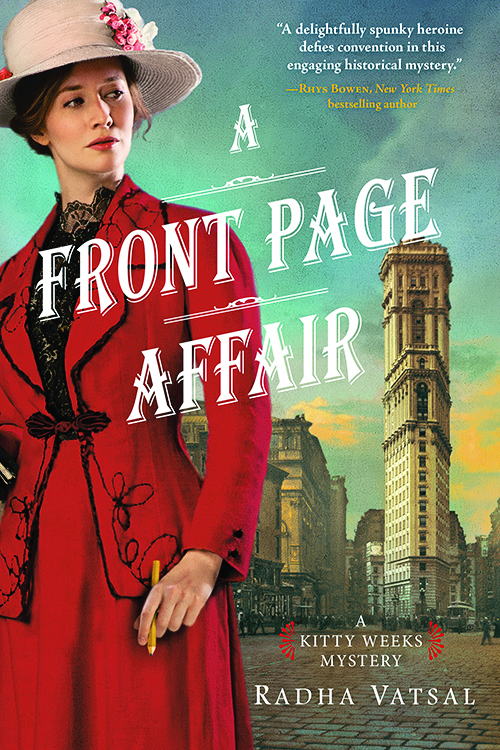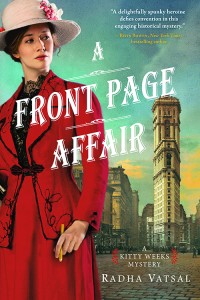I first met A.J. Sidransky when we were both reading from our mystery novels at a Mystery Writers of America, New York Chapter reading at KGB Bar, and I have had the pleasure of hanging out with him at a number of MWA events. The conversation is always lively—books, politics, parenthood. Last month, he joined me on this blog to discuss the inspiration for his latest novel. I am pleased to welcome him back for this month’s Creative Minds Interview.
A.J. Sidransky is a dyed-in-the-wool New Yorker. He resides in Washington Heights with his wife. The National Jewish Book Awards selected his first novel FORGIVING MAXIMO ROTHMAN as a finalist in Outstanding Debut Fiction for 2013. Next Generation Indie Book Awards selected his next book, STEALING A SUMMER’S AFTERNOON as a finalist for Best Second Novel for 2015. FORGIVING MARIELA COMACHO, was released in September 2015.
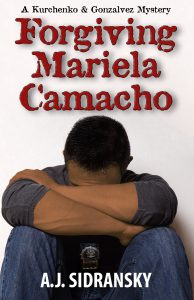 Thank you so much for joining me this month on Not Even Joking. When you visited here last month, you wrote how your debut novel FORGIVING MAXIMO ROTHMAN, and FORVING MARIELA CAMACHO are both inspired by Washington Heights and your visits to the Dominican Republic. I love to live vicariously through novels—and through the experiences of my writer friends who travel. Could you share a memory of one of your trips to the D.R. that was particularly inspirational?
Thank you so much for joining me this month on Not Even Joking. When you visited here last month, you wrote how your debut novel FORGIVING MAXIMO ROTHMAN, and FORVING MARIELA CAMACHO are both inspired by Washington Heights and your visits to the Dominican Republic. I love to live vicariously through novels—and through the experiences of my writer friends who travel. Could you share a memory of one of your trips to the D.R. that was particularly inspirational?
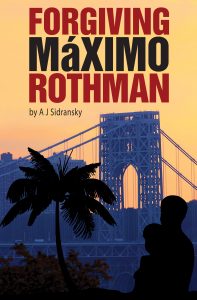 First I should say that every trip to the Dominican Republic is inspirational for me. If I had to pick, the first trip I made with my best friend was the most life changing, which was actually my second trip to DR. My first trip, which was eight years earlier, was to a resort with my family. My first trip with Willy was to his home in the capital, SantoDomingo. It was the occasion of his youngest child’s first birthday. Traveling to Santo Domingo, or anyplace for that matter with a native is very different than traveling as a tourist. I saw a side of the country that no tourist would ever encounter. What I found was something very similar to the world of my childhood.
First I should say that every trip to the Dominican Republic is inspirational for me. If I had to pick, the first trip I made with my best friend was the most life changing, which was actually my second trip to DR. My first trip, which was eight years earlier, was to a resort with my family. My first trip with Willy was to his home in the capital, SantoDomingo. It was the occasion of his youngest child’s first birthday. Traveling to Santo Domingo, or anyplace for that matter with a native is very different than traveling as a tourist. I saw a side of the country that no tourist would ever encounter. What I found was something very similar to the world of my childhood.
I am the grandchild of four immigrants. We lived with my mother’s parents when I was a child. My extended family lived within five blocks of our house. As I wrote in one of my novels (the protagonist in that book is loosely based on me) “there was always someone to play with or fight with.” I rediscovered this world in the ‘patio’* where Willy’s family lives in Santo Domingo. Dominican people are very welcoming and open. There is always a smile and an outstretched hand. Perhaps most significantly, unlike Americans, Dominicans (like my Hungarian Jewish family) touch each other. Their sense of personal space is more intimate. I embraced this trait immediately. It brought me back to my own roots. I feel more at home there than anywhere in the entire world. The people of the ‘patio’* and their honesty are what has inspired me to write about Santo Domingo.
*patio—a small neighborhood not accessible to cars containing from 10 to 50 households just off a main road usually populated by members of no more than a few extended families. It’s like a village in a city. A Barrio is a larger neighborhood.
Aside from travel, what kind of research (historical or otherwise) do you conduct? Have you ever discovered anything that was particularly surprising or inspirational?
Depending on the project, I do research both on-line and by reading books on whatever subject I am writing about. I also seek out people who have personal experience or knowledge of the subject and interview them. I have discovered things both surprising and inspirational through research. That usually happens when I interview someone or read interviews on-line. In particular with my new novel, which is set in Nazi Europe, I was particularly inspired by the recollections of people who had left Germany just prior to the war on what were known as Kindertransports. In most instances these people were quite young, between the ages of 3 and 17 when they left, alone, without parents, sometimes with siblings, usually for England. What seems to unify them is that despite what happened to them and in most cases they never saw their parents again as most were murdered by the Nazis, is a very positive, forward looking personality that enabled them to move on with their lives despite terrible psychological stress. I consider myself lucky to have the privilege to know their stories.
Your current work in progress is a departure from the FORGIVING series. You’ve told me a little bit about it, and I have to say, it sounds intriguing. What made you go in a different direction for this novel?
There were a number of reasons I decided to tell this story. Permit me to digress a bit. When I wrote FORGIVING MAXIMO ROTHMAN, my debut novel, I set out to tell a very special story. It was loosely based on the wartime experiences of my uncle, Max Grunfeld, my maternal grandfather’s brother. My uncle, as recounted in the book, escaped with his wife from Nazi occupied Europe to a refugee settlement in the Dominican Republic called Sosua where 854 European Jews escaped the Nazis. I am deeply connected to the experience of the Holocaust as over 120 members of my family on both sides were murdered in death camps. I want to tell the stories of these people.
Much has been written and made into films about the Holocaust in the past 60 years. While much of it has been very effective at teaching the world about what happened and spreading the message that this can never happen again, to anyone, there has been in my view a tendency to tell the story in a very specific, and to some extent myopic way. What I mean by that is that in film, Holocaust stories are often told in such a way that the visual depiction of the victims purposefully seeks to depict the characters so that they are easily identifiable as Jews. I call this the ‘Tevye Syndrome.’ Tevye, the main character in the play/film Fiddler on the Roof, is a Jewish peasant living in a small town in Russian Poland around the turn of the 20th century. He looks the part. Filmmakers have gone out of their way to write characters that like Tevye, are easily identifiable to non-Jews as Jewish by their outward appearance.
In books we have a similar problem magnified by the tendency to tell stories that involve real historical persons. A great example of this is Herman Wouk’s Winds of War (yes, I have the audacity to criticize Herman Wouk), where one American family encounters every major world leader during World War II.
I believe that the key to understanding the Holocaust experience, especially for those who have no personal connection to it, is to understand that the vast majority of victims (and that is not to minimize the destruction of the old ‘Yiddishland’ culture of rural Poland and Russia by the Nazis) were assimilated, secular, European Jews who spoke the language of their neighbors, dressed as their neighbors and were in fact educated professionals and business people just like the majority of Jews in the United States, Canada, Europe, South America and Israel today. They were us, not some ‘other’ dressed in traditional garb and dancing the hora in the town square on Friday mornings. I feel it’s my responsibility to get their stories out there. My new book is based on the experiences of another of my relatives.
What else gets you up in the morning? What are you passionate about? And how does this influence your creative life? (or does it?)
My other passion is exercise. I work out every morning from 6 to 8 AM (with my best friend Willy). I began lifting weights about ten years ago to control my diabetes and it has become the cornerstone of my life. I want to live a long and happy and healthy life and keep telling stories. Working out clears my mind and gets me ready to sit down at the computer and work. To learn more about that part of my life check out my second novel STEALING A SUMMER’S AFTERNOON. FORGIVING MARIELA CAMACHO was actually my third book.
I am also quite passionate about food. I am a professionally trained chef, which is why my books always contain scenes of the characters having meals together and descriptions of what they are eating.
What advice would you give to an aspiring author who thinks they’d like to write historical mysteries?
I have three pieces of advice for an aspiring author of any genre.
The first is if you want to write sit down and do it. Writers write. Don’t think about writing, just write. Don’t be afraid. The keyboard is your friend.
The second is don’t get discouraged. Learn to take criticism and rejection. Not everyone will like your work. You have to like it and eventually you will find someone else (hopefully a decent agent) who will like it too.
Lastly, never, ever, write for an ‘audience.’ Write for yourself and say what you need to say. Don’t be a hack. You have a message, get it out there.
Thank you so much for this advice, and for sharing the story of your novels.
You can learn more about A.J. Sidransky and his novels at the links below:
www.ajsidransky.com
www.facebook.com/ajsidransky
www.facebook.com/forgivingmaximorothman
www.facebook.com/forgivingmarielacamacho
www.facebook.com/stealingasummersafternoon
@AJSidransky on twitter

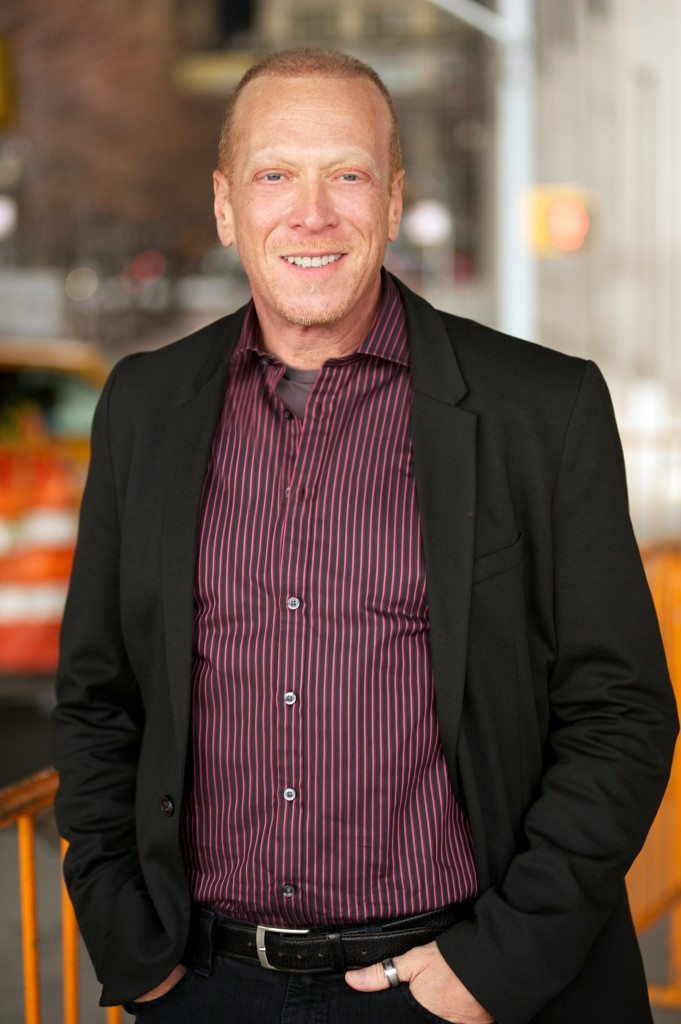

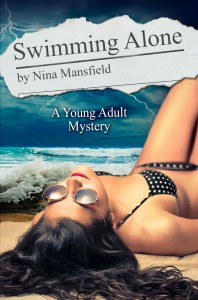 a Rafflecopter giveaway
a Rafflecopter giveaway
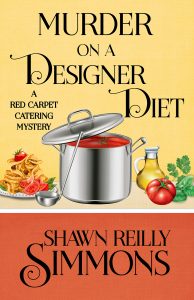
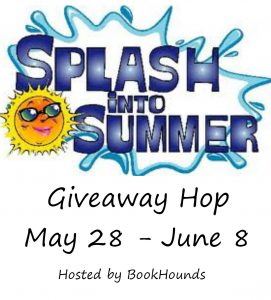
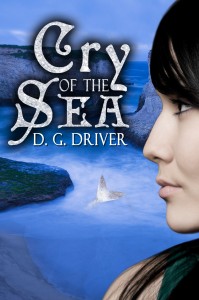
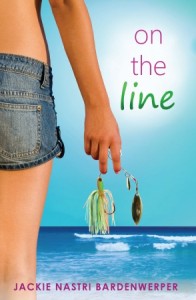
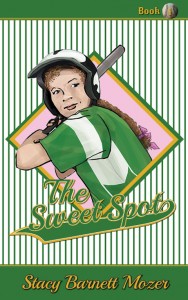
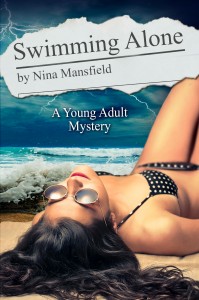
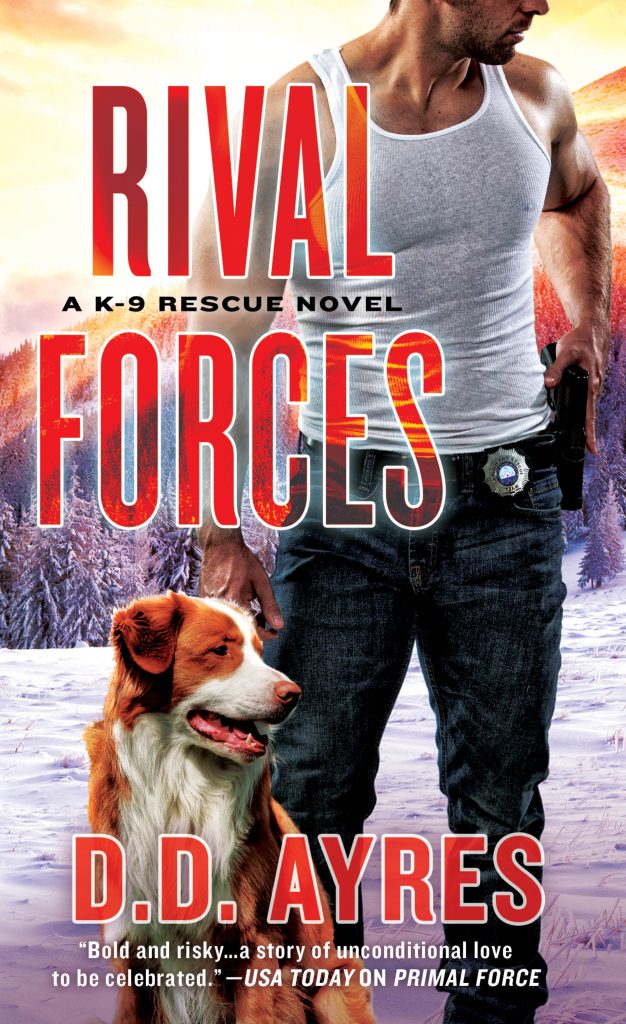
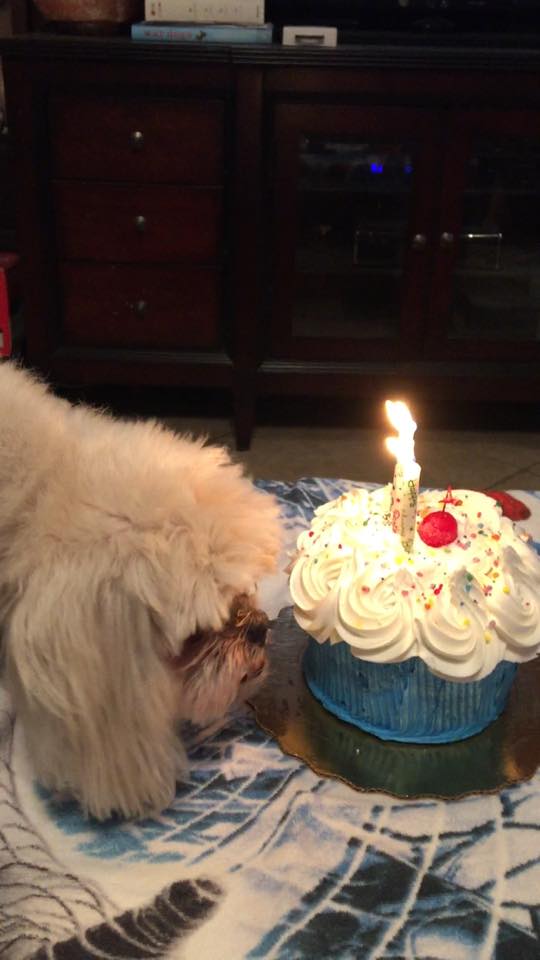
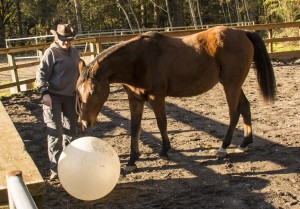
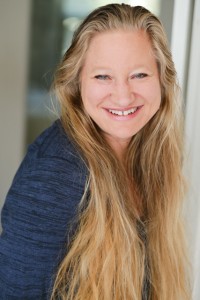
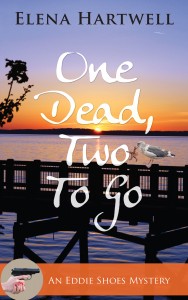
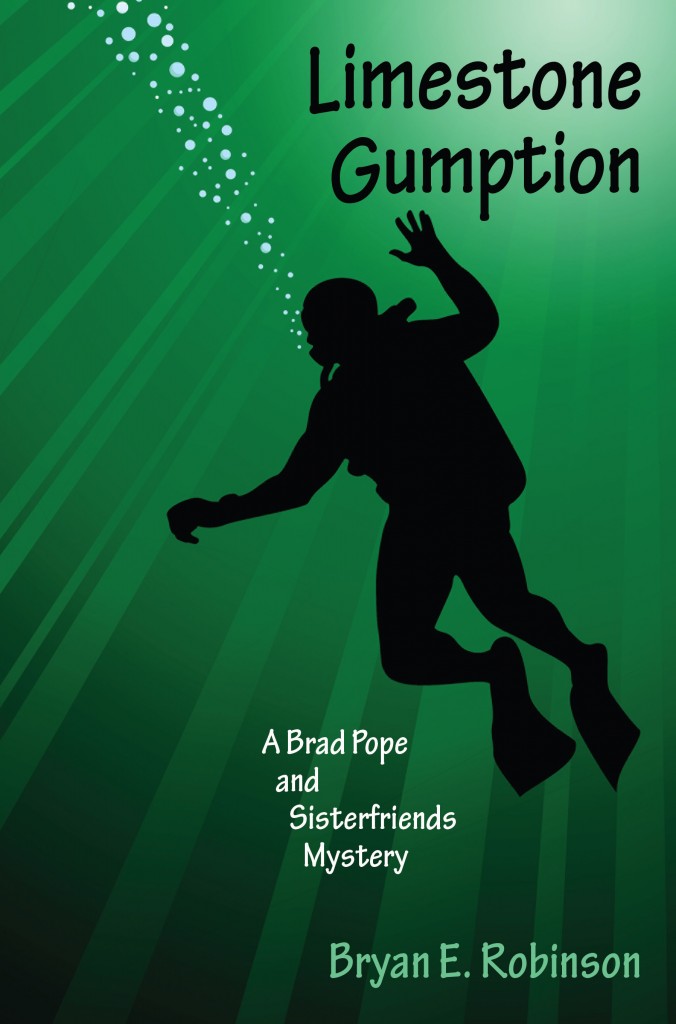
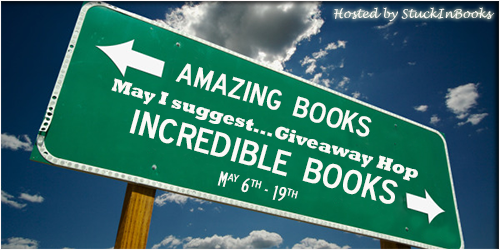
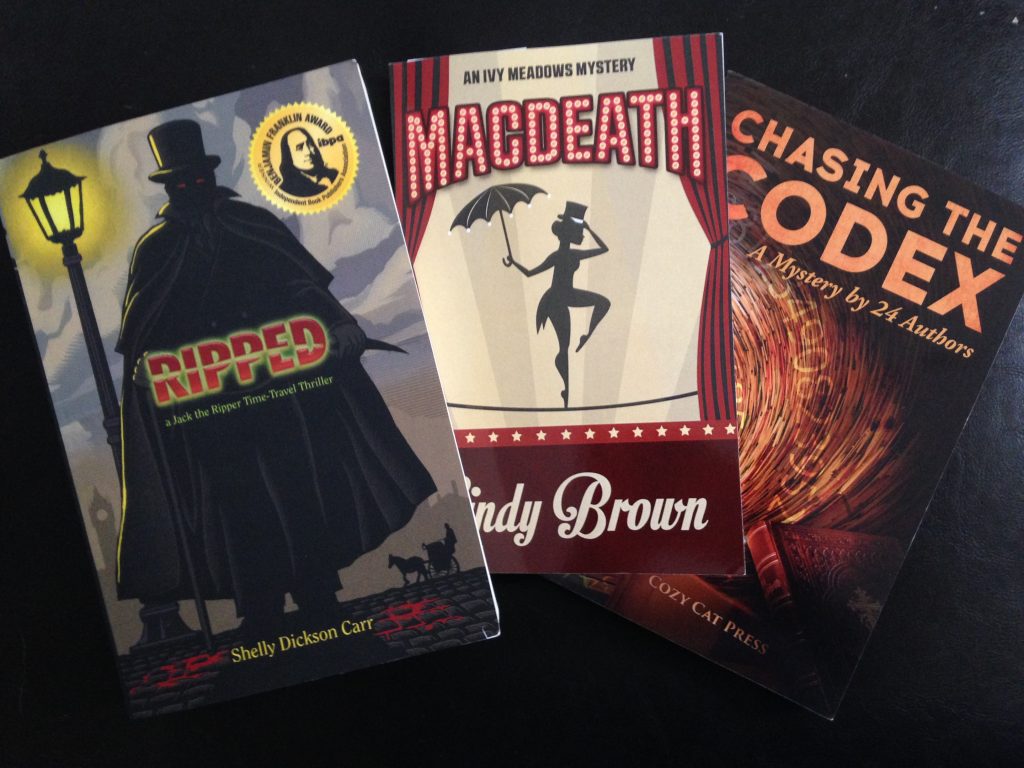
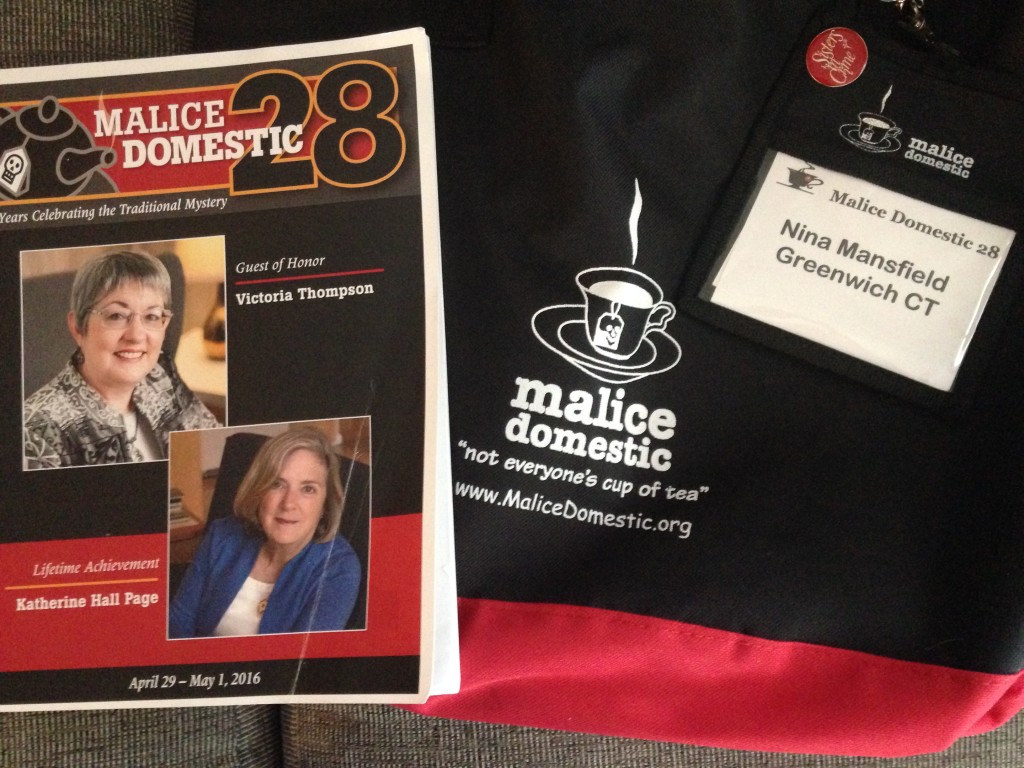
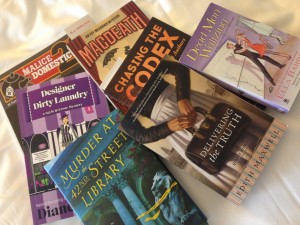
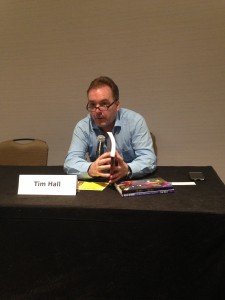
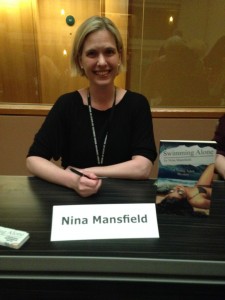
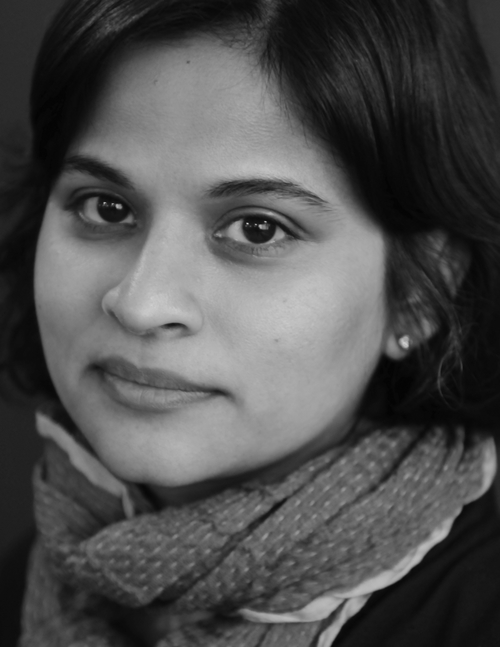 Radha Vatsal
Radha Vatsal